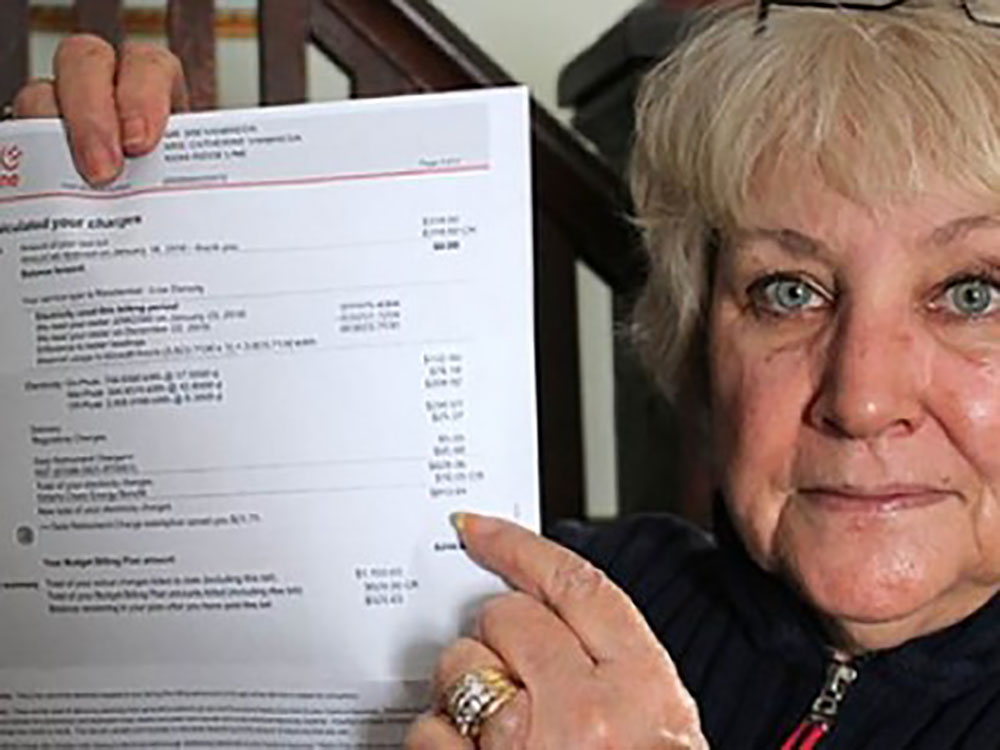Understanding Burial Insurance: Coverage, Benefits, and Considerations
Burial insurance, also known as final expense insurance, is a specialized type of life insurance designed to cover end-of-life expenses. This financial product aims to provide peace of mind for individuals and their families by ensuring that funeral costs and related expenses are taken care of after death. As the cost of funerals continues to rise, burial insurance has become an increasingly important consideration for many seniors and their loved ones.

Unlike term life insurance, burial insurance policies do not expire as long as premiums are paid. The coverage amount remains fixed throughout the life of the policy, providing a guaranteed benefit to the beneficiary. This type of insurance is often easier to qualify for than traditional life insurance, as it usually does not require a medical exam and may have more lenient underwriting criteria.
Who should consider purchasing burial insurance?
Burial insurance is primarily marketed to seniors, typically those aged 50 and older. However, it can be beneficial for anyone who wants to ensure their final expenses are covered without burdening their loved ones. This type of insurance may be particularly suitable for:
-
Individuals with limited savings or assets
-
Those who do not qualify for traditional life insurance due to health issues
-
People who want to supplement their existing life insurance coverage
-
Seniors looking to simplify their financial planning
It’s important to note that while burial insurance can provide valuable financial protection, it may not be necessary for everyone. Those with substantial savings or comprehensive life insurance policies may already have sufficient coverage for end-of-life expenses.
What does burial insurance typically cover?
Burial insurance policies are designed to cover a range of expenses associated with end-of-life arrangements. While the specific use of the funds is ultimately up to the beneficiary, common expenses covered by burial insurance include:
-
Funeral home services
-
Casket or cremation costs
-
Cemetery plot and headstone
-
Transportation of the deceased
-
Outstanding medical bills
-
Legal fees related to settling the estate
-
Other final expenses, such as unpaid utility bills or credit card balances
The coverage amount can vary depending on the policy, but typically ranges from $5,000 to $25,000. Some insurers may offer higher coverage amounts, but it’s essential to consider the potential costs and choose a policy that aligns with your specific needs and budget.
How do burial insurance premiums work?
Burial insurance premiums are generally fixed and paid on a monthly or annual basis. The cost of the policy depends on several factors, including:
-
Age at the time of application
-
Gender
-
Health status
-
Coverage amount
-
Insurance company
Premiums for burial insurance are often higher than those for term life insurance policies with similar coverage amounts. This is because burial insurance typically has guaranteed acceptance or simplified underwriting, which means the insurer takes on more risk. Additionally, the premiums remain level for the life of the policy, even as the policyholder ages.
What are the pros and cons of burial insurance?
Like any financial product, burial insurance has both advantages and disadvantages that should be carefully considered before making a decision.
Pros:
-
Guaranteed acceptance or simplified underwriting
-
Fixed premiums and coverage amounts
-
No expiration date as long as premiums are paid
-
Provides peace of mind for policyholders and their families
-
Funds can be used flexibly for various final expenses
Cons:
-
Higher premiums compared to term life insurance
-
Limited coverage amounts may not be sufficient for all needs
-
Cash value accumulation is typically slower than other whole life policies
-
May be unnecessary for those with significant savings or comprehensive life insurance
How does burial insurance compare to other financial options?
When considering burial insurance, it’s important to compare it with other financial options that could potentially serve the same purpose. Here’s a comparison of burial insurance with some alternatives:
| Option | Provider | Key Features | Cost Estimation |
|---|---|---|---|
| Burial Insurance | Various insurers | Guaranteed acceptance, fixed premiums, immediate coverage | $30-$100+ per month |
| Term Life Insurance | Various insurers | Lower premiums, higher coverage, limited duration | $20-$50+ per month |
| Savings Account | Banks/Credit Unions | Flexible, no premiums, potential interest earnings | No direct cost, requires disciplined saving |
| Pre-paid Funeral Plans | Funeral homes | Lock in current prices, customizable arrangements | $3,000-$10,000+ upfront or installments |
Prices, rates, or cost estimates mentioned in this article are based on the latest available information but may change over time. Independent research is advised before making financial decisions.
When evaluating these options, consider factors such as your current health, age, financial situation, and long-term goals. Each option has its own set of benefits and drawbacks, and the best choice will depend on your individual circumstances.
In conclusion, burial insurance can provide valuable financial protection and peace of mind for those concerned about end-of-life expenses. By understanding the features, benefits, and considerations of burial insurance, individuals can make informed decisions about whether this type of coverage aligns with their financial planning needs. As with any significant financial decision, it’s advisable to consult with a licensed insurance agent or financial advisor to determine the most appropriate solution for your specific situation.






